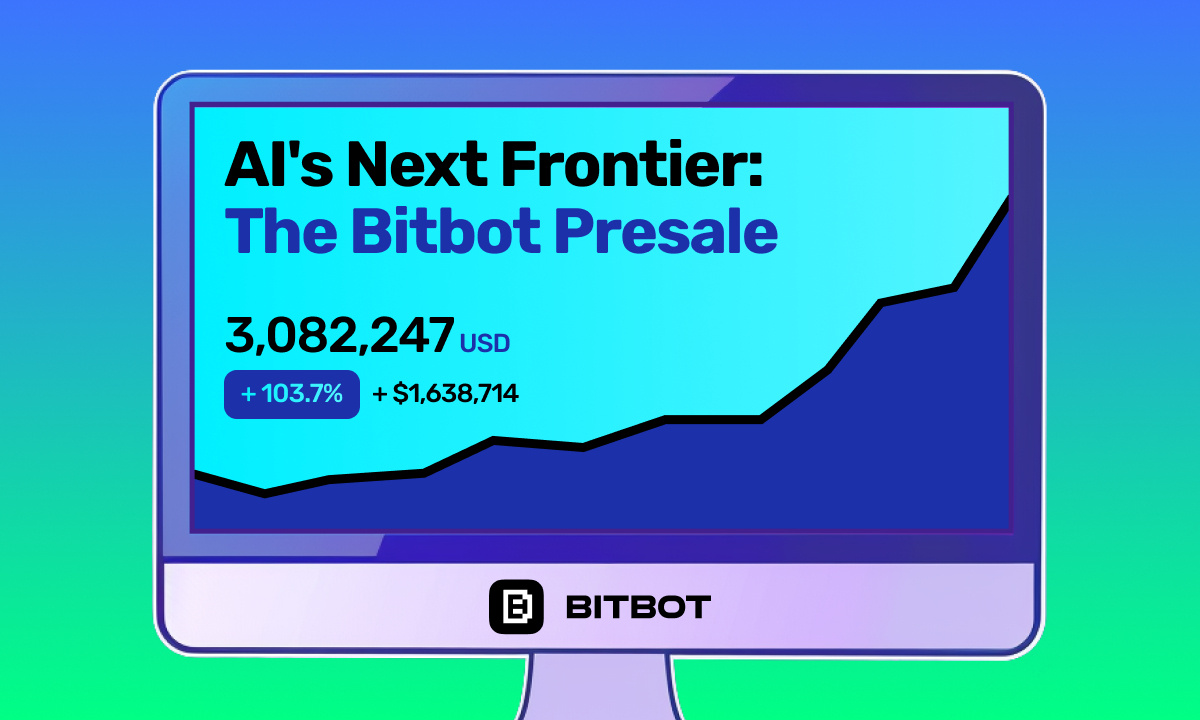The biggest challenge facing crypto exchanges is global price fragmentation
It’s no secret that Coinbase performed an vital function in bringing new customers into the crypto house. Coinbase’s pleasant referral course of and public firm standing make it seem as a extra conventional funding platform for non-crypto-savvy buyers, which ends up in belief.
However, plainly virtually each week one other article seems on the web about Coinbase and its outrageous charges for skilled retail {and professional} buyers. The handles usually open with price comparisons between a number of totally different exchanges. As competitors will increase, there is rising strain on Coinbase and exchanges all over the world to decrease charges. However, the biggest pricing drawback for Coinbase and different exchanges is a lot greater than a easy price construction.
Raw supplies and costs
Raw supplies are items that may be changed. In different phrases, markets deal with items in numerous kinds equally by way of effectivity. When a great or service turns into a great, there is no distinction between the vendor and any negotiation is based mostly solely on price.
The dialogue about transaction charges stems from the idea that the costs of cryptocurrencies on all exchanges are static – a commodity. If Bitcoin (BTC) have been an actual commodity, transaction charges could be the one drawback and the dialogue about Coinbase’s price construction could be legitimate.
Related: Cryptocurrencies want a decentralized day by day reference fee
However, this view of Bitcoin poses a basic drawback within the market. The price of Bitcoin is not a static quantity and may usually fluctuate between exchanges. Due to the fragmented market, customers usually pay an excessive amount of or too little with out realizing it.
Fragmentation and actual price
Market fragmentation happens when there is poor contact and interplay between exchanges. This results in price variations between the exchanges and a scarcity of liquidity within the total market.
When these spreads are massive, they shortly get rid of any price variations between exchanges. Investors and merchants have been skilled to solely see costs on a single change. However, this fragmentation implies that the true price of a cryptocurrency is the price on a single change plus charges on that change in comparison with the identical calculation on different exchanges.
Related: Trust is nonetheless a should within the trustless world of cryptocurrencies
When the price of Bitcoin on an change is comparatively low, it would not matter if the change has no charges. Why?
If the bitcoin price is $ 60,000 and the price on one change is 0.50%, then one will pay $ 60,120 for a bitcoin on one other change with a 0.30% price. That’s proper, with a whole bunch of exchanges within the market, the price distinction can generally get so large. This divergence has led to a rise in arbitrage investing – shopping for bitcoin on one change at a decrease price after which reselling the identical cash at a decrease price after shifting to a different change.
The biggest drawback with this, nonetheless, is that Bitcoin is now not a commodity. With such a big price distinction, Bitcoin went unsold and the market stalled. This transfer to desert the commodity will finally trigger a possible market crash. But there is hope for change.
Stabilize the market
This sort of market turmoil is neither new nor remoted to the crypto market. Similar issues have emerged within the bond and fairness markets however have been resolved over time by way of regulation. For instance, the US Securities and Exchange Commission has a coverage often known as the National Best Offers and Offers, or NBBO. This regulation requires all brokers to execute trades at the perfect obtainable ask price nationally if an investor desires to purchase a safety and the perfect nationwide bid price if an investor desires to promote.
In this fashion, regulation stabilizes the market and protects customers from overpayments on a given change. Regulated brokers and market forces work extra cooperatively than unilaterally.
However, for the reason that cryptocurrency market is nonetheless in its infancy, it doesn’t have this normalization section. Exchanges function with relative autonomy and the present fragmented market setting implies that institutional and retail buyers usually pay totally different costs based mostly on these exchanges.
The issues with implementing this method within the crypto market are manifold – a scarcity of communication, restricted regulatory compliance and dry liquidity restrict any significant change.
Building a really unified global cryptocurrency market
The most important reason behind the market drawback is the dearth of communication or interoperability between exchanges, which ends up in a excessive diploma of market fragmentation. However, the present digital infrastructure is in depth sufficient to assist steady change interplay. However, for the market to scale globally, interoperability between exchanges have to be seamless.
Related: Trustless bridging may very well be the important thing to blockchain interoperability
Bitcoin is a global asset, much more so than Apple or Tesla shares. So it is not honest that merchants can’t get the perfect bids and presents always, as NBBO does for conventional shares. More enterprise-grade expertise and liquidity will even assist trading in mature digital property. All of this might in the end allow a unified global trading market, very similar to conventional shares traded on exchanges like Nasdaq or NYSE.
Without these options to cut back fragmentation, transaction price debates and debates will likely be misdirected and won’t be able to inform the total story. It is time to degree the enjoying discipline with the suitable rules and expertise. Ultimately, it is not a race for decrease transaction charges, however a race for one thing much like NBBO in cryptocurrency – really the world’s greatest provide.
Haohan Xu is CEO of Apifiny, a global community for the switch of liquidity and monetary property. Prior to Apifiny, Haohan was an lively investor within the inventory market and a dealer within the digital asset market. Haohan holds a BS in Operations Research with a minor in Computer Science from Columbia University.
.
.














